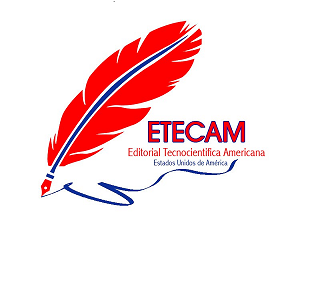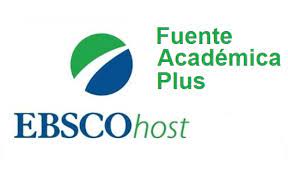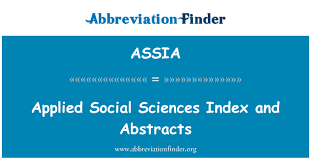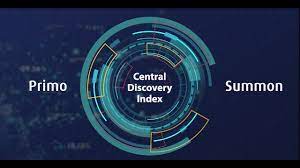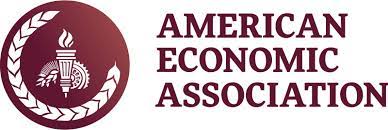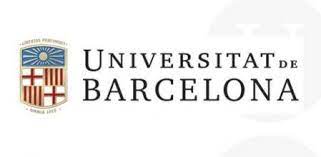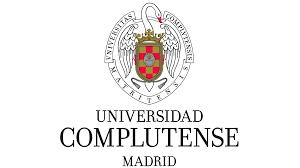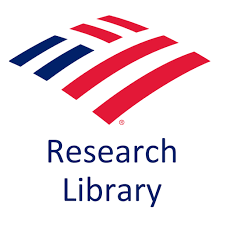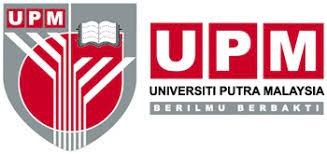Importance of family circles in the learning of boys and girls in rural contexts
DOI:
https://doi.org/10.51736/sa.v7i3.344Keywords:
Rural contexts, educational challenges, family circles of educational supportAbstract
In rural contexts, the COVID-19 pandemic has posed significant educational challenges due to a lack of internet access and educational resources. In response, family educational support circles have emerged as an effective solution. Circles can be formed by family or community members with relevant skills and knowledge to contribute to learning.
The study also presents the theoretical foundations and the results of a research carried out with the aim of investigating the causes of the previously mentioned educational problems. As methodology, the technique of the questionnaire and the interview was used. Finally, an approach is made to the causes that are limiting the participation of the family in the school process as an essential aspect to solve the problem investigated.
In the Sol Brisa sector in the city of Babahoyo, a rural context in the COVID 2020 pandemic, it was evidenced that due to limited connectivity, lack of technological resources, and little support from parents and other factors, it leads to students from rural areas have problems in their learning. The purpose of the research is to provide the necessary help to the community by developing family circles in learning and creating an enriching learning environment, where the family becomes a fundamental support for the integral development of the child.
Family circles also encourage the transmission of values, traditions and experiences between generations, enriching learning and the sense of belonging. Family circles of educational support are an effective response to educational challenges in post-pandemic rural contexts. These circles promote collaboration, the exchange of knowledge and the active participation of families, which contributes to overcoming educational barriers and strengthens the educational process.
Downloads
References
Referencias
Borgonovi, F., & Montt, G. (2012). Participación de los padres en países y economías seleccionados de PISA. Documentos de trabajo de educación de la OCDE No. 73. Publicaciones de la OCDE.
Desforges, C. & Abouchaar, A. (2003). El impacto de la participación de los padres, el apoyo de los padres y la educación familiar en los logros y la adaptación de los alumnos: una revisión de la literatura. Informe de investigación, 443. Departamento de Educación y Habilidades.
Grolnick, W. S. & Slowiaczek, M. L. (2017). Participación de los padres en el aprendizaje de los niños en los Estados Unidos y China: Implicaciones para el ajuste académico y emocional de los niños. Parenting: Science and Practice, 17(3), 198-213.
Mahuro, G. M. & Hungi, N. (2016). La participación de los padres mejora el rendimiento académico de los estudiantes: un caso de los distritos de LGanga y Mayuge en Uganda. Educación convincente, 3(1).
Marphatia, A. A., Borde, K., Legault, E., & Archer, D. (2010). Políticas de participación: apoyo de los padres al aprendizaje de los niños y la gobernanza escolar en Burundi, Malawi, Senegal y Uganda. Johannesburgo: Ayuda en Acción. Instituto de Educación.
OCDE. Organización para la Cooperación y el Desarrollo Económico. (2012) ¡Leamos un cuento! El factor padre en la educación. Publicaciones de la OCDE.
Pomerantz, E. M y Ng, F. F (2019). Procesos familiares y motivación académica: El papel del familismo. Perspectivas de desarrollo infantil, 13(4), 226-232.
Penuel, W. R. y Gallagher, H. A. (2017). Crear asociaciones de investigación y práctica en educación. Prensa de educación de Harvard.
Sutherland, K. S, Lewis-Palmer, T., Stichter, J. P. & Lee, S. W. (2021). Educación especial rural. En El Manual SAGE de Educación Especial (págs. 237-253). Publicaciones de salvia.
Published
How to Cite
Issue
Section
License
Copyright (c) 2024 Maya Aracely Sánchez Soto, Edgar Stalyn Guerrero Haro, Maoly Scarlett Huacon Llaguno

This work is licensed under a Creative Commons Attribution-NonCommercial-ShareAlike 3.0 Unported License.













